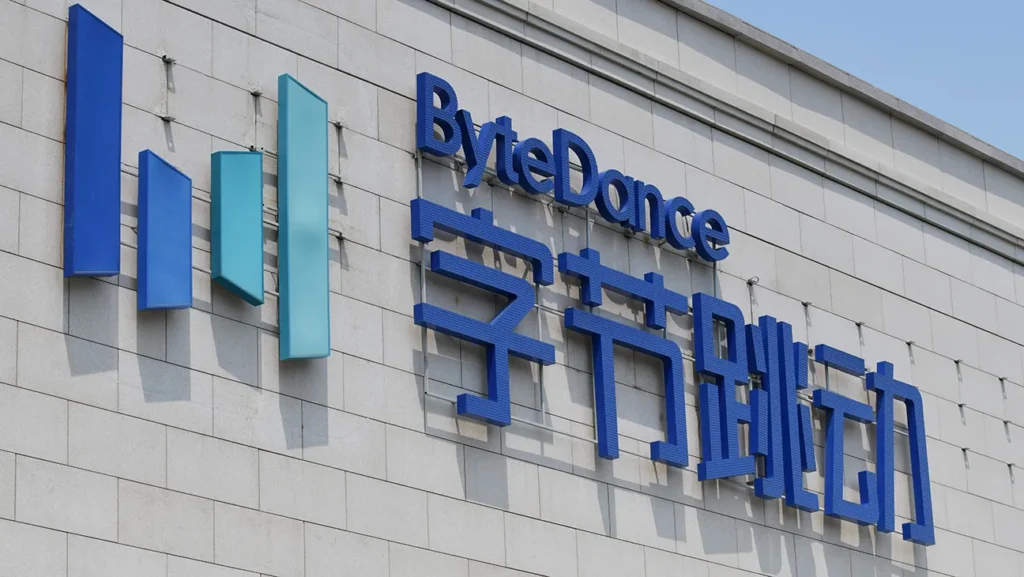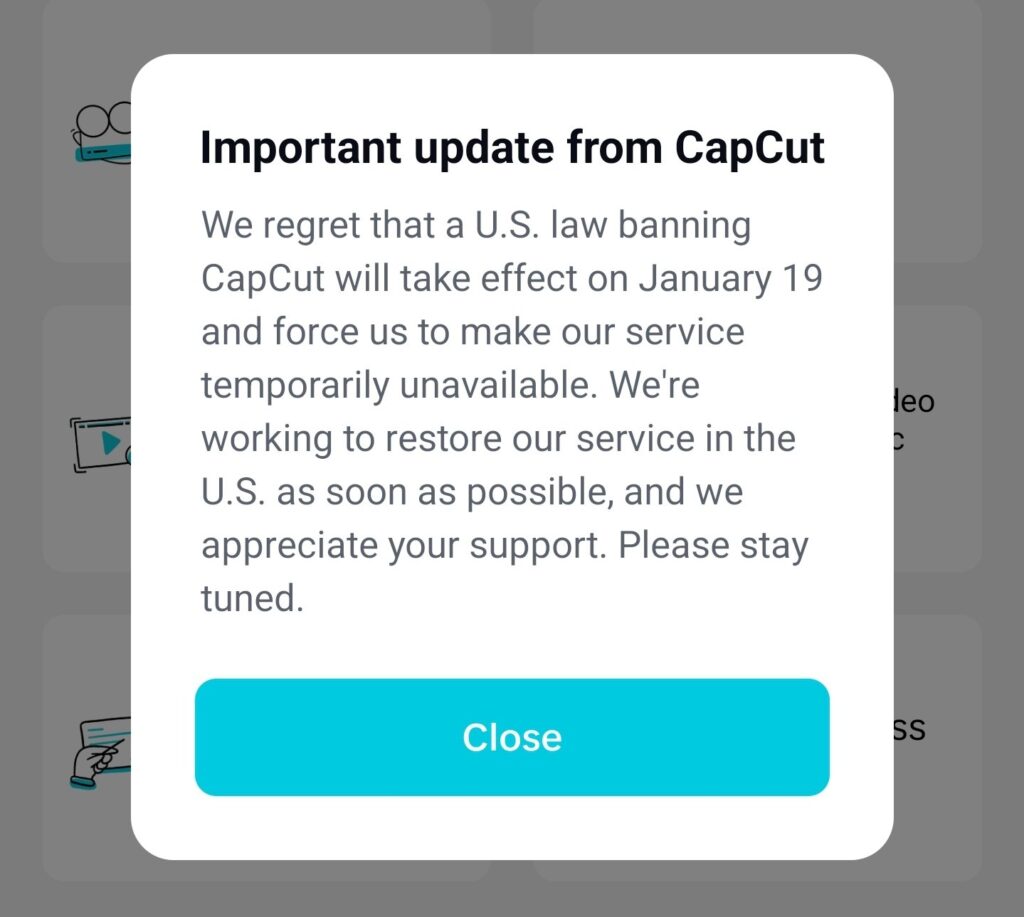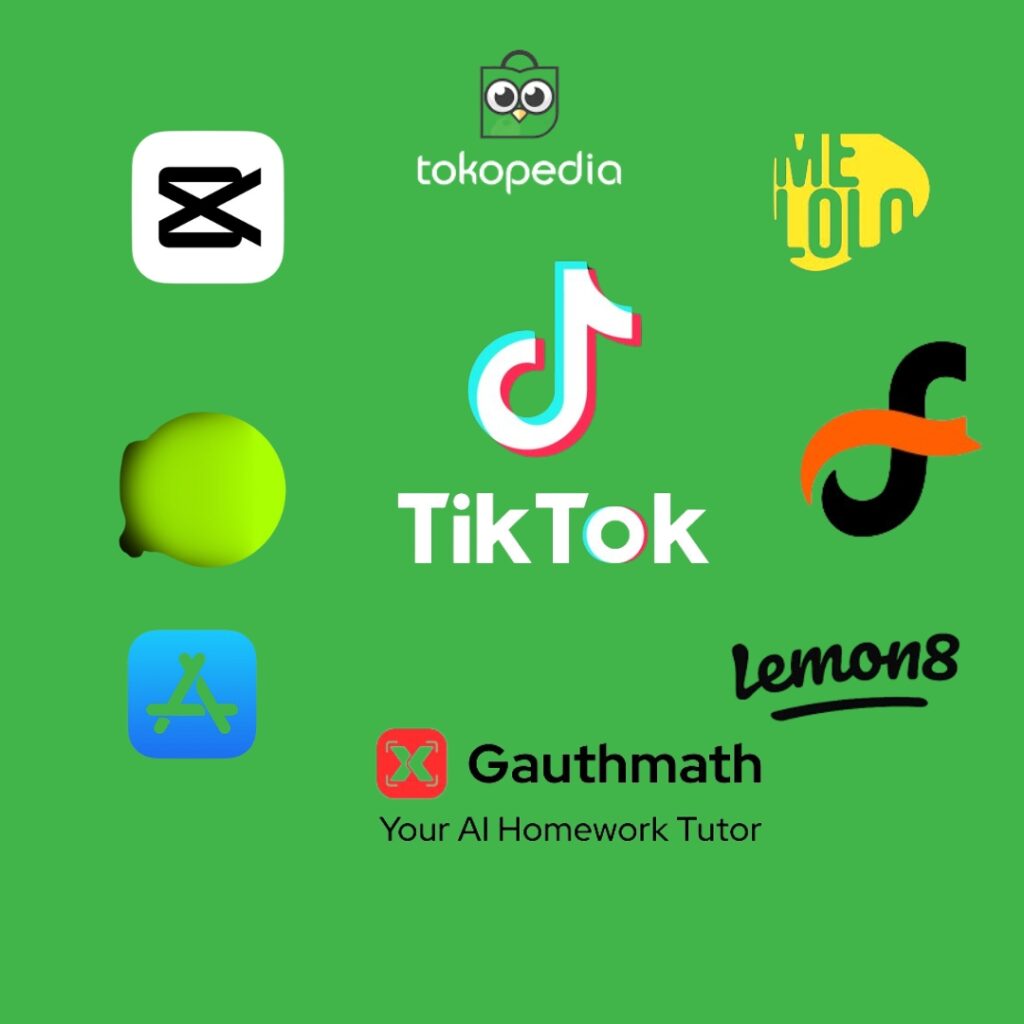
ByteDance Applications, Including TikTok, Have Been Banned in the U.S.: What You Need to Know
Introduction
For reasons of national security, the United States has forbidden several applications from ByteDance as of January 19, 2025. This action has greatly dislodged millions of users and businesses operating daily with these platforms.
ByteDance Apps Banned
About ByteDance

ByteDance is a Chinese multinational technology company founded in 2012. It has been known for developing some really innovative apps powered by artificial intelligence, and its portfolio includes globally popular platforms like TikTok and CapCut. The rapid growth and widespread influence of the company have raised concerns about data privacy and national security, hence increasing scrutiny from governments worldwide.
ByteDance Apps Banned
The apps that are affected include:
- TikTok: The viral video-sharing platform was removed from Apple and Google’s app stores, and its content is no longer accessible to users in the U.S. today. Associated Press
- CapCut: A video editing app used to create and edit videos.
- Lemon8: A lifestyle and social media platform that melds aspects of Instagram and Pinterest.
- Gauth: An educational app that provides several learning materials.
- Hypic: A photo editing app.
- Lark: Team collaboration and communication tool.
- Melolo: Music streaming service.
- Fizzo: A reading app offering novels and stories.
- Tokopedia: E-commerce.

These bans came into effect after the implementation of PAFACA, which required ByteDance to divest its ownership before January 19, 2025. So in fact, both apps had to be removed from stores and all their services to U.S. users terminated.
Also, there was a suggestion by President-elect Donald Trump that the divestment of TikTok would extend to 90 days so the app could take some reprieve time.
Impacts of the Ban
- Disruption to Users and Creators
For Users: Millions of Americans now lack access to TikTok and other popular ByteDance apps, forcing them to shift to alternative platforms.
For Creators: Content creators face challenges in transitioning their audience to competitors like YouTube Shorts or Instagram Reels. Revenue streams and fan bases are disrupted, creating significant uncertainty for influencers.
- Shifts in Market Competition
U.S.-based apps, including Instagram, YouTube, and SnapChat, are expected to gain traction by absorbing displaced users.
The ban may also encourage domestic startups to develop innovative apps that meet the growing demand for creativity and social networking.
- Geopolitical Ramifications
The ban has further heightened U.S.-China tensions.
China may retaliate by imposing restrictions on U.S. tech companies, deepening the technological and economic divide between the two nations.
- Economic Fallout
ByteDance faces significant financial losses, especially with TikTok’s massive user base in the U.S. being severed.
Advertisers must shift their budgets to platforms unaffected by the ban, creating a ripple effect on marketing strategies.
U.S.-based employees working for ByteDance are at risk of job losses.
- Privacy and Security Awareness
The ban underscores growing concerns about how foreign apps handle user data.
Users are becoming increasingly aware of data privacy and are seeking platforms that are transparent about their security policies.
- Technical and Legal Adjustments
VPN Usage: Some users may attempt to bypass the ban using VPNs, raising questions about legal and ethical implications.
App Compliance: ByteDance might develop U.S.-compliant apps or sell its platforms to American companies to regain market access.
- Future Legislation
The U.S. government is expected to introduce stricter regulations governing foreign apps, setting a precedent for future tech legislation.
The ban might pave the way for bipartisan efforts to address national security concerns in the tech sector.
Conclusion

The ban of ByteDance in the U.S. has been called the perfect moment where technology, politics, and commerce meet. It will change user behavior, markets, and even international relations. Though the immediate consequences of the move are going to be seriously disruptive, it is its long-term implications that might eventually reshape the global tech landscape.
But what about you? What’s your take on the way forward for social media and data privacy in light of these bans? Comments, please!
























